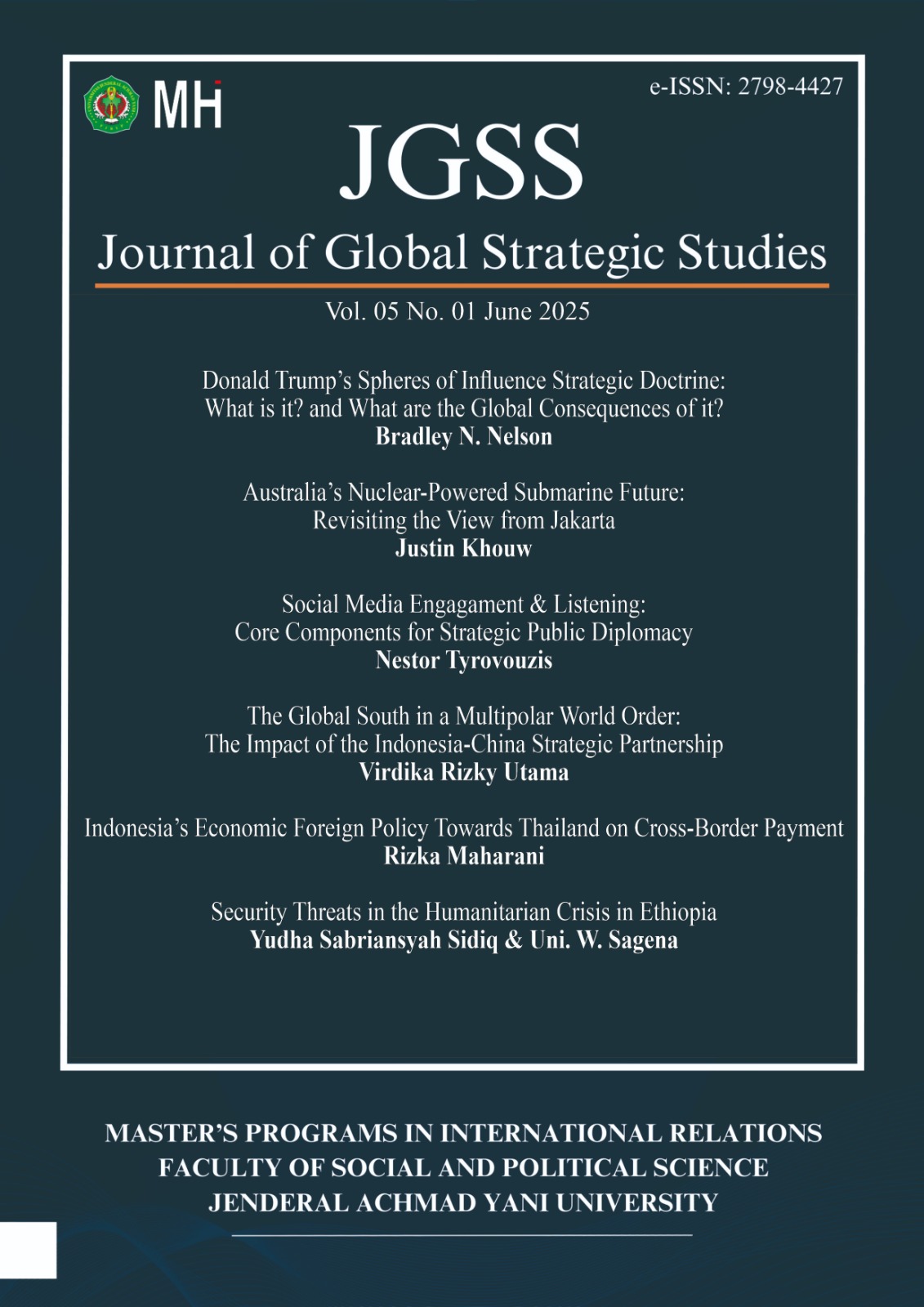Australia's Nuclear-Powered Submarine Future
Revisiting the View from Jakarta
Abstract
In spite of periodic tensions, the Australia-Indonesia relationship has historically been characterized by cooperation instead of competition. However, Jakarta’s official expressions of concern in response to Canberra’s plans to acquire nuclear-powered submarines under the AUKUS pact in 2021 prompted a recalibration of bilateral ties. Now, amidst significant upheaval of the global geopolitical landscape, this article revisits Indonesia’s reaction to the announcement, the factors that shaped its response, and the security agreement’s enduring implications for Australia-Indonesia relations. The article contends that for Australia, AUKUS has become a necessity to reduce the capability gap between itself and China. From the Indonesian perspective, a disconnect exists between official and unofficial views on AUKUS. Within Indonesia’s policymaking circles, there is an implicit understanding, communicated through informal channels, of the agreement’s potential benefits, despite public expressions of concern. For the Australia-Indonesia bilateral relationship, which has developed from a notably low base, AUKUS ultimately portends both challenges and opportunities in the realm of defence cooperation and beyond.

Copyright (c) 2025 Journal Of Global Strategic Studies : Jurnal Magister Hubungan Internasional

This work is licensed under a Creative Commons Attribution-NonCommercial 4.0 International License.








